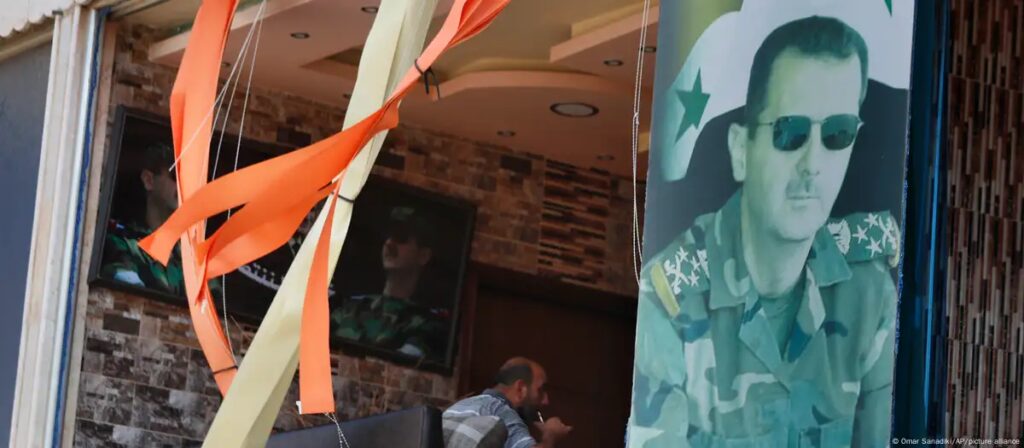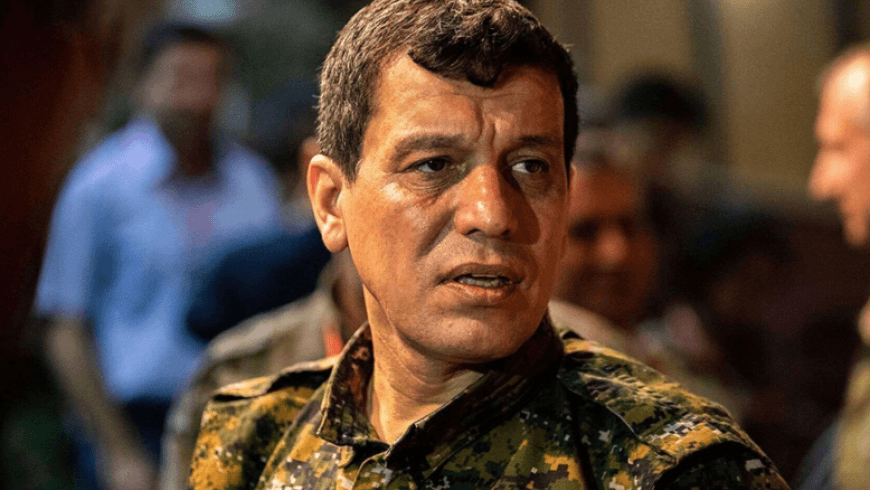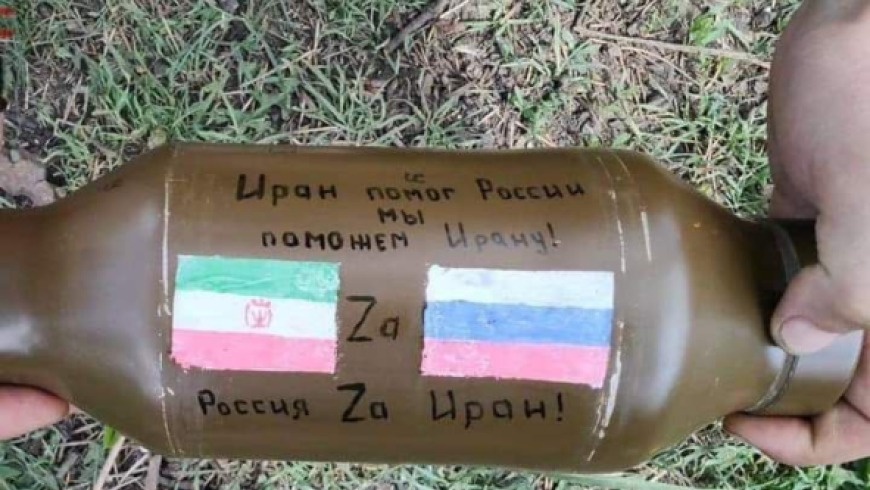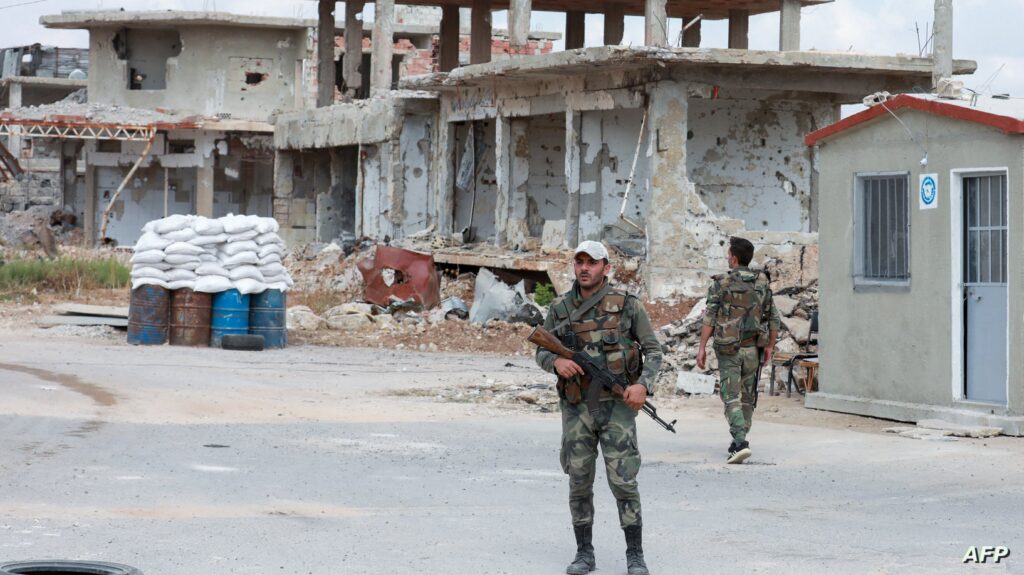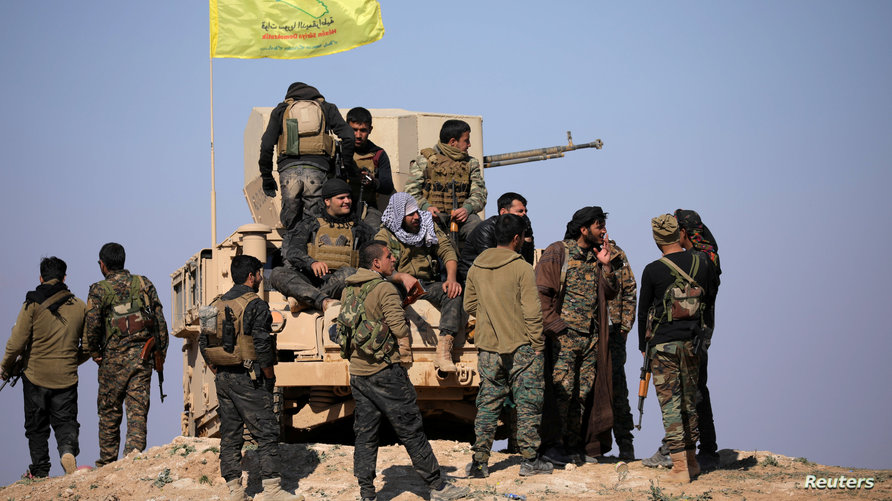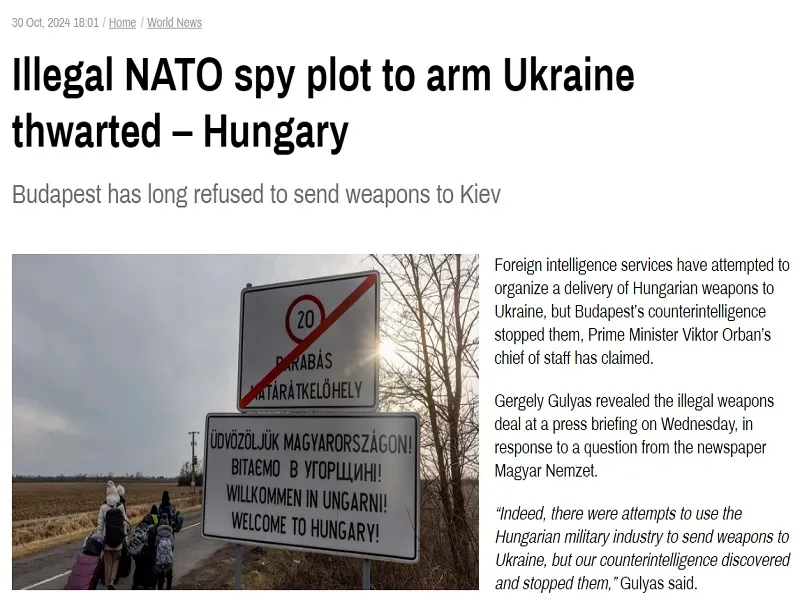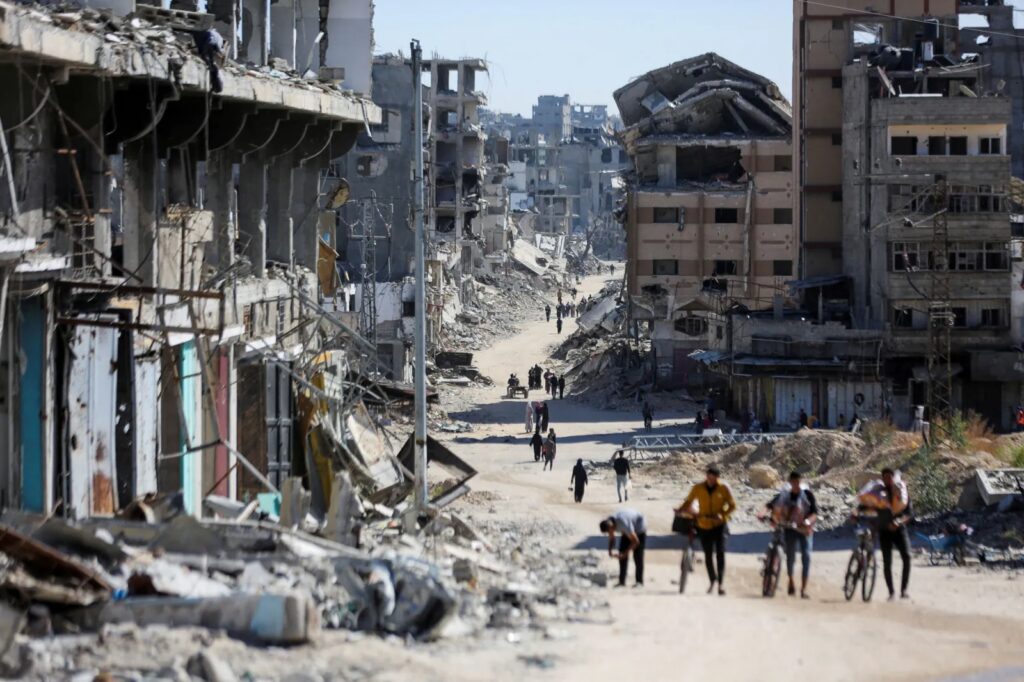Russia’s Influence Machine – Analysis
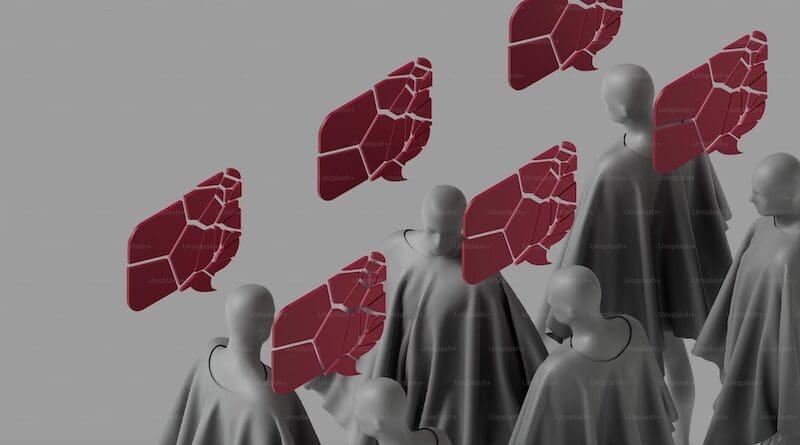
By the time Burkina Faso’s health ministry declared an epidemic of dengue fever on October 18, 2023, there already were thousands of cases and hundreds of deaths. The World Health Organization (WHO) said it was the West African country’s deadliest bout with the disease in years.
Another dangerous outbreak quickly followed: a deluge of Russian disinformation.

